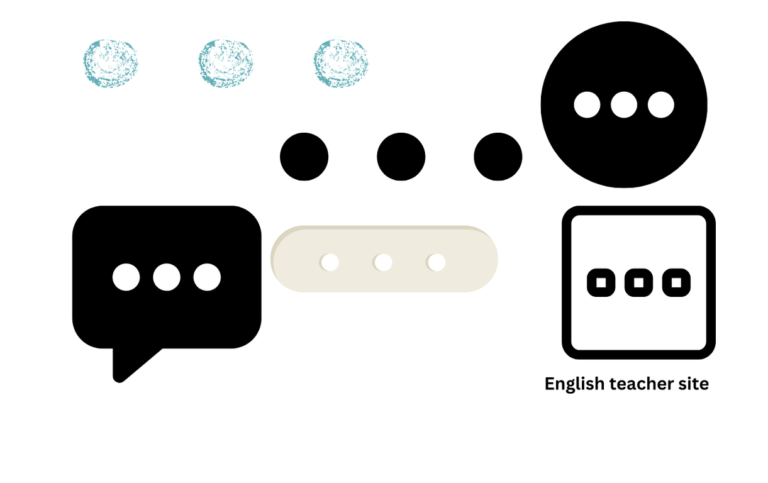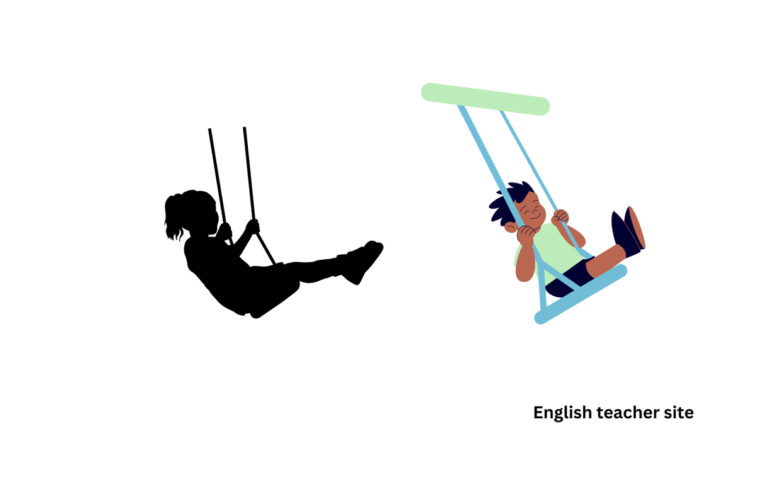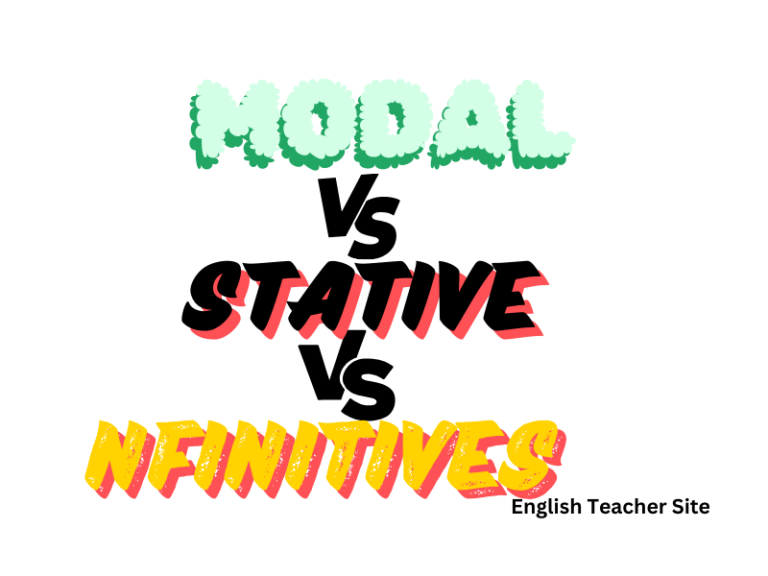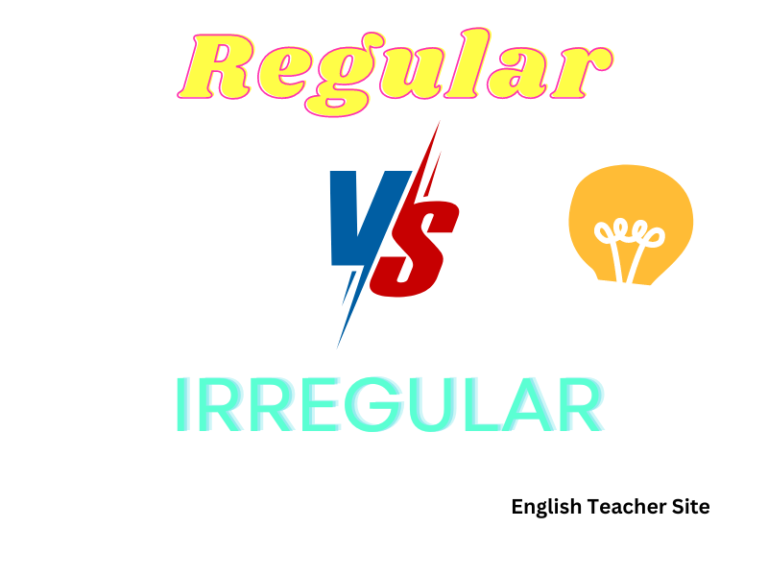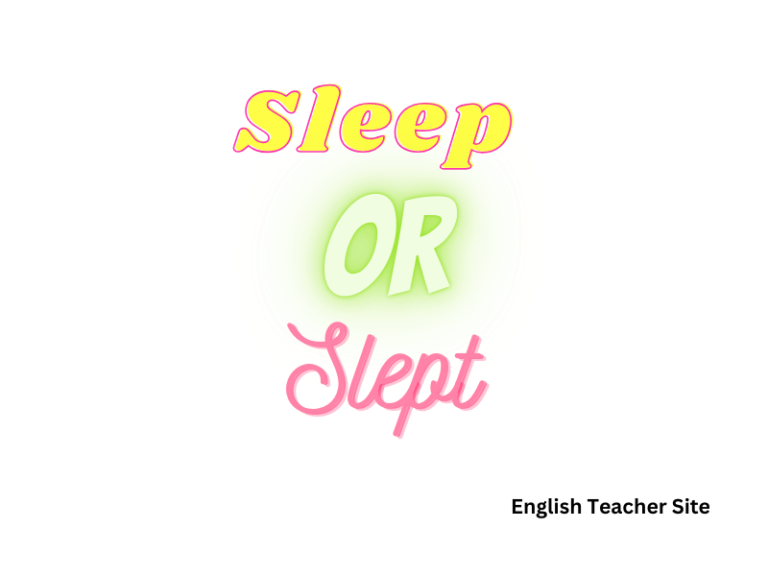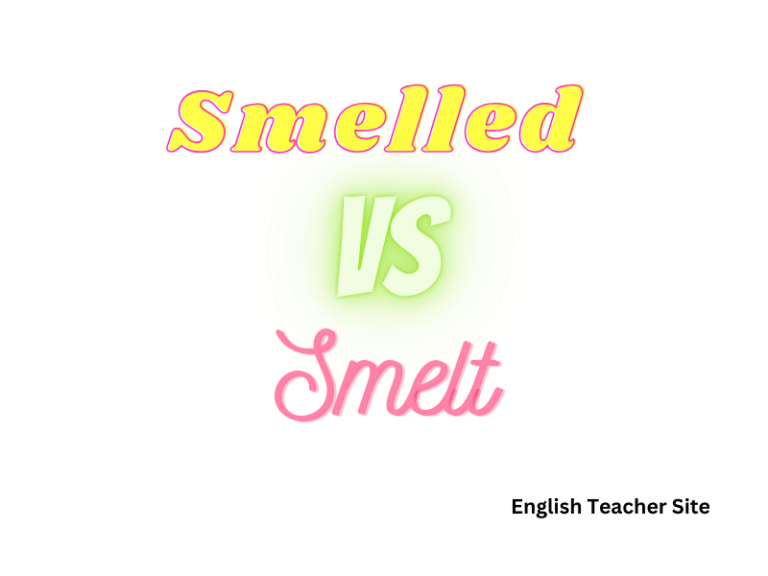Whats the Past Tense of Win: Exploring Win vs. Won

- “Won” is the past tense and past participle form of “win.”
- Proper use of “won” indicates past events or actions involving victory.
- Consistent practice helps in mastering the correct application of “win” and “won.”
This verb retains the same form for both the simple past tense and the past participle. Knowing when to use “won” correctly plays a crucial role in conveying a clear and accurate message. For instance, when narrating past events such as games, competitions, or any scenario involving a victory, “won” is the proper term to use. Regular practice and exposure to examples can aid in mastering the usage of “win” and “won.”
What’s the Past Tense of Win: Win vs. Won?
“Win” is the base form, or the present tense, which denotes the act of being victorious or successful in the present or general time. For instance:
- They aim to win the championship.
Conversely, “won” designates the past tense and the past participle of the verb “win.” It indicates victory or success that has occurred in the past. Observe the usage in the following contexts:
- Simple past: She won the game last Saturday.
- Past participle: They have won the competition three times.
Below are two tables that exemplify the different uses of “win” and “won” in various tenses:
Conjugation of “Win” in Present Tenses
| Tense | Example Sentence |
|---|---|
| Present Simple | He wins most of his matches. |
| Present Continuous | She is winning the debate. |
| Present Perfect | They have won the award. |
| Present Perfect Continuous | They have been winning accolades all year. |
Conjugation of “Win” in Past Tenses
| Tense | Example Sentence |
|---|---|
| Simple Past | She won the tournament last year. |
| Past Continuous | He was winning when the match paused. |
| Past Perfect | They had won before you arrived. |
| Past Perfect Continuous | She had been winning for a while. |
- Present Tense
- I win.
- We are winning.
- Past Tense
- He won yesterday.
- They had been winning until the final round.
Remember that “won” remains unchanged as it serves as the past participle form:
- They have won the series.
- The trophy has been won by them.
Verb Conjugations: Win/Won
Present Tense:
- First Person Singular: I win
- Second Person Singular: You win
- Third Person Singular: He/She/It wins
- First Person Plural: We win
- Second Person Plural: You win
- Third Person Plural: They win
Past Tense and Past Participle:
The simple past tense and the past participle form of “win” are the same. This makes “win” an irregular verb, as it does not follow the standard “-ed” suffix pattern of regular verbs.
- Simple Past: won
- Past Participle: won
Conjugation Table for “Win”:
| Tense | Conjugation |
|---|---|
| Present Simple | I/You/We/They win He/She/It wins |
| Past Simple | I/You/He/She/It/We/They won |
| Present Continuous | I am winning You/We/They are winning He/She/It is winning |
| Past Continuous | I/You/He/She/It/We/They were winning |
In past perfect tenses, “won” is used with the appropriate auxiliary verb to indicate an action that was completed before another time or action in the past.
- Past Perfect: He/She/It had won
- Past Perfect Continuous: They had been winning
In progressive tenses, “winning” serves as the present participle to show a continuous action in the present or past:
- Present Continuous: I am winning the game.
- Past Continuous: She was winning before the sudden change.
Examples in Sentences:
- Present Simple: “He wins the prize every year.”
- Past Simple: “They won the match last weekend.”
- Past Perfect: “By the time the awards were announced, the author had already won several accolades.”
- Past Continuous: “We were winning until the last minute of the game.”
Win vs. Won: What’s the Difference?
“Win” is the base form of the verb and is used for the present simple tense. Here are instances when “win” is applied:
- To express a habitual action: She wins trophies every year.
- To state a general truth: Teams win when they work together.
“Won”, on the other hand, is the past simple and past participle form of “win”. Its use is as follows:
- Past simple tense: He won the match yesterday.
- Present perfect tense: They have won the championship three times.
Here are two tables to compare their uses:
Usage of “Win”
| Tense | Example |
|---|---|
| Present Simple | “She wins the game with ease.” |
| Present Continuous | “They are winning the match right now.” |
| Future Simple | “He will win if he trains hard.” |
Usage of “Won”
| Tense | Example |
|---|---|
| Past Simple | “They won the game last Friday.” |
| Present Perfect | “She has already won several awards this year.” |
| Past Perfect | “By the time we arrived, they had already won.” |
In summary:
- Use “win” for the present simple and future tense settings.
- Use “won” to discuss past events in both the past simple and perfect constructions.
The Verb Win Used in Sentences
Simple Past Tense:
- He won the chess tournament last year.
- She won a prize in the lucky draw.
| Subject | Simple Past | Sentence Example |
|---|---|---|
| I | won | I won a medal in the race. |
| You | won | You won the argument yesterday. |
| He/She | won | She won the competition. |
| We | won | We won the match convincingly. |
| They | won | They won the debate last week. |
Past Participle:
- The past participle form is identical to the simple past: “won”.
- It is used with auxiliary verbs to create perfect tenses.
| Present Perfect | Sentence Example |
|---|---|
| has/have + won | They have won all their games this season. |
| She has won many accolades for her work. | |
| Past Perfect | |
| had + won | By the time the award was announced, he had won several similar honors. |
To navigate the different contexts in past tense usage:
- Simple Past: For events completed in the past.
- They won when they played last weekend.
- Present Perfect: For past actions with relevance to the present.
- She has won three matches so far this season.
- Past Perfect: For actions completed before another event in the past.
- By the time the ceremony began, the athlete had won the race.
Examples of the Word ‘Won’ Used in Sentences
Simple Past Tense Usage:
- He won a scholarship to study abroad.
- They won the championship last year.
Table 1: Affirmative and Negative Sentences
| Affirmative | Negative |
|---|---|
| She won the tennis match. | She didn’t win the tennis match. |
| The documentary won an award. | The documentary didn’t win an award. |
Table 2: Questions and Short Answers
| Question | Short Answer |
|---|---|
| Did he win the lottery? | Yes, he won. |
| Did they win the debate competition? | No, they didn’t win. |
Examples with Different Subjects:
- It won critical acclaim for its innovative design.
- You won the game fair and square.
- We:
- won a prize in the raffle.
- have won competitions before.
- We:
- won the case in court.
- had won by a large margin before we even realized it.
In each example, “won” clearly indicates that the action of winning took place in the past. The context of the sentence can provide more information, such as whether the winning is a single event, an ongoing competition, or a repeated success. The word “won” is adaptable to various subjects and maintains its form regardless of the number or person of the subject it is associated with.
Synonyms of Win/Won
Here are common synonyms for “win”:
- Triumph
- Prevail
- Conquer
- Succeed
While the synonyms for the past tense “won” include:
- Triumphed
- Prevailed
- Conquered
- Succeeded
Synonyms for Win in Table Format
| Verb | Synonym |
|---|---|
| Win | Triumph |
| Win | Prevail |
| Win | Conquer |
| Win | Succeed |
Synonyms for Won in Table Format
| Past Tense | Synonym |
|---|---|
| Won | Triumphed |
| Won | Prevailed |
| Won | Conquered |
| Won | Succeeded |
The usage of these synonyms depends on context. For instance, “triumph” often implies a significant victory after a struggle, while “prevail” suggests victory in the face of opposition or difficulties. Similarly, “conquer” can be used when one overcomes substantial obstacles or secures mastery over something. “Succeed” is a more general term that denotes achieving a set goal or objective.
Often used in formal or literary contexts, these synonyms can serve to convey the depth and breadth of an individual’s or team’s achievements. They add variety to prose and can help to capture the specific tone of a win.
For example, an athlete might be said to have “triumphed” at the Olympics, which conveys the grandeur of the event. In a business setting, a company might be described as having “succeeded” in securing a major contract, which communicates the accomplishment without the combative connotations of “conquer” or “triumph.”
Origin of the Verb, to Win
The verb to win originates from the Old English ‘winnan’, meaning to labor, strive, struggle, fight. Over time, its usage evolved to denote the act of succeeding in competition or conflict. This linguistic evolution reflects the competitive nature of human society, where survival often depended on triumph in various challenges. The verb itself is categorized as irregular due to its non-standard conjugation pattern in past forms.
Here is a brief overview of its etymology in tabular form:
| Time Period | Language | Form |
|---|---|---|
| Pre-7th Century | Proto-Germanic | winnaną |
| 7th Century Onwards | Old English | winnan |
| Modern English | English | win |
The verb win retained its irregular conjugation throughout the centuries, distinguishing it from regular verbs that simply add -ed for past forms. The past tense and past participle of win is succinctly put as won. Below is a conjugation summary:
| Tense | Conjugation |
|---|---|
| Present | win |
| Past | won |
| Past Participle | won |
In examining the linguistic trajectory of win, one can observe the following key points:
- Win originated from a germanic root with a general sense of laborious effort.
- Its current meaning emphasizes coming first in a contest or obtaining a victory.
- The past tense remains consistent as won, demonstrating irregular conjugation.
Sources
1. Etymology online, the origin of win.
2. Definition of win from Oxford Learner’s Dictionary.
My name is Khamis Maiouf. I am the creator of the English Teacher Site, dedicated to providing valuable resources and insights for students around the world. With a passion for education and a commitment to helping students enhance their skills, I aim to make English teaching more effective and enjoyable for both educators and students.

